Dalit Christians and Muslims call on the government not to ignore them (photos)
Christian churches and Muslim groups held a joint protest. Protesters carried banners against “the mixing of politics and religion”. They call on parties taking part in the upcoming general election to protect outcastes who converted to Christianity.
New Delhi (AsiaNews) – Hundreds of Christian and Muslim Dalits took to the streets of the Indian capital this morning, marching side by side, to call on “the government to consider us citizens equal to all the others", said Fr Z Devasagayaraj, national secretary of the Office for Dalits and Disadvantaged Castes of the Catholic Bishops' Conference of India (CBCI).
“We were about 1000 people,” he told AsiaNews. “We are making an appeal to all parties ahead of the next general election, which we will also send in writing.”
“It is an injustice that Christian and Muslim Dalits are not included in the special programmes reserved for disadvantaged groups of other religions. It is even more absurd that if they convert to Hinduism, Christians will once again have these privileges.”
The rally, he noted, "was an ecumenical protest. We had the support of all Christian Churches, Catholics and Protestants together. With us, Muslim Dalit leaders also spoken out. Muslims suffer the same discrimination and exclusion that we have been suffering for centuries. It's a shame!"
The rally took place from 10 am to 4 pm (local time) at the Jantar Mantar complex. Four Catholic bishops were present as were members of the National Council of Dalit Christians (NCDC), an umbrella organisation for various Dalit Christian group; the National Council of Churches in India (Protestants and Orthodox); and the Muslim All India Jamiat Ul- Hawareen (AIJH).
Protesters carried banners that read "Enough with the mixing of politics and religion".
From a legal point of view, Christian Dalits are excluded from the benefits granted to the outcastes of other religious groups in terms of quotas in education, jobs and politics.
Under the constitution, a quota system was established to correct discriminatory practices based on caste membership. Historically, the high castes allowed the Dalits only to work in menial and often degrading jobs.
A presidential order in 1950 was issued to implement an affirmative action policy but did however include former Christian and Muslim untouchables.
In light of this, the Indian Church has always protested against this exclusion of converts to Christianity and has fought to see the right to study and work extended to the poorest groups in society. In February, the bishops reiterated the urgency to implement programmes aimed at outcastes.
Fr Devasagayaraj notes that "Discrimination against former Christian untouchables goes against the Universal Declaration of Human Rights of the United Nations, against the Indian Constitution, which states that all citizens are equal, and against international treaties that affirm freedom of religion."
According to the Catholic leader, the government must say no "once and to discrimination, economic deprivation, educational backwardness and denied access to politics."
(Photo courtesy: Dalit Christians CBCI)





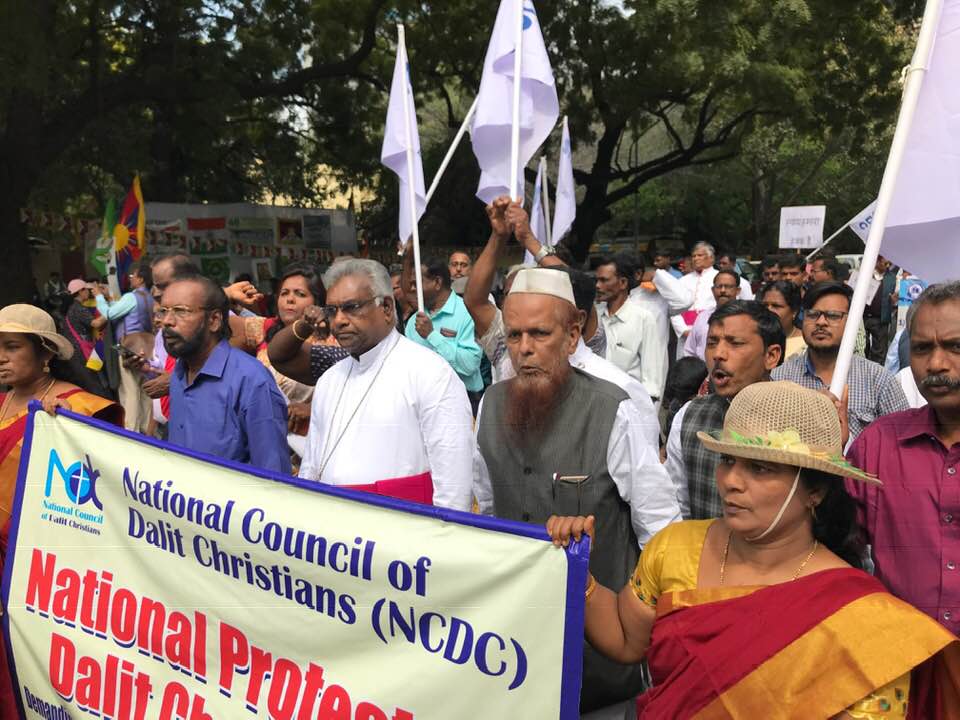
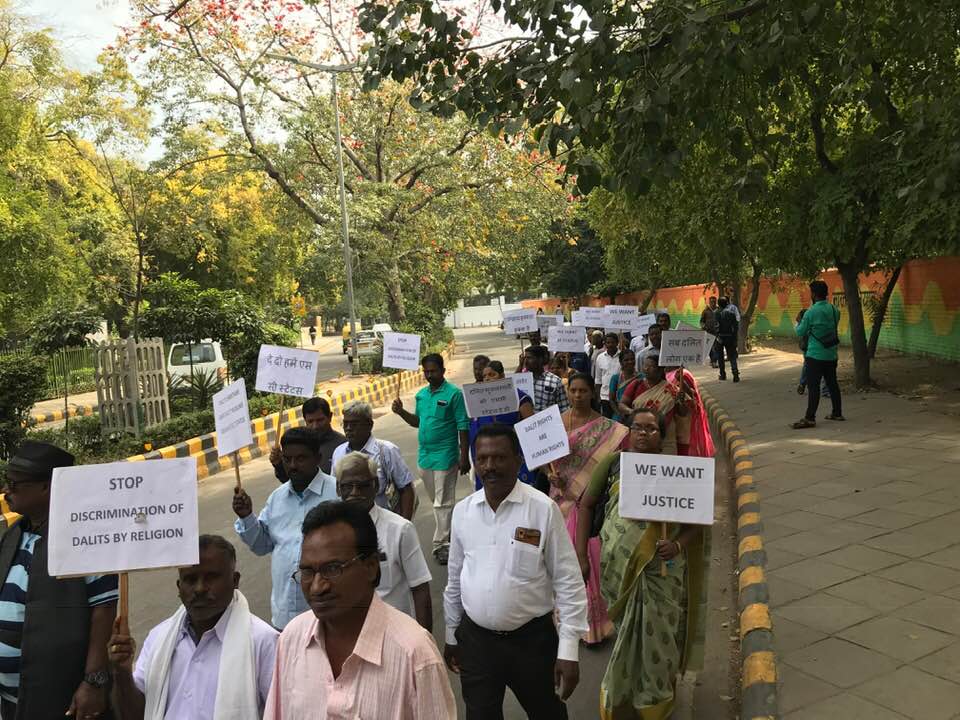
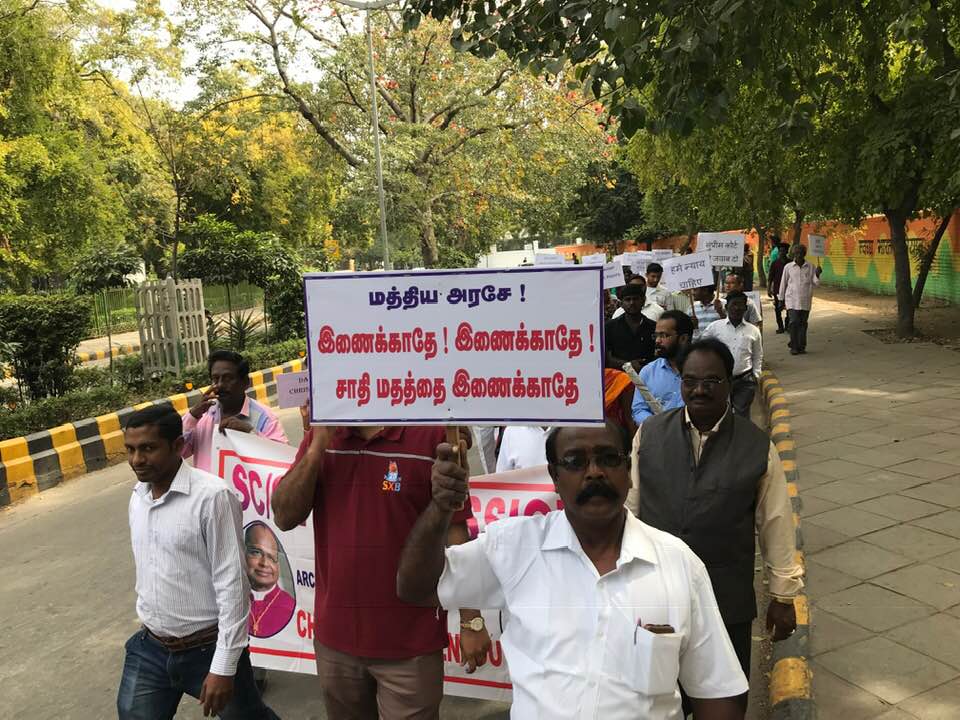

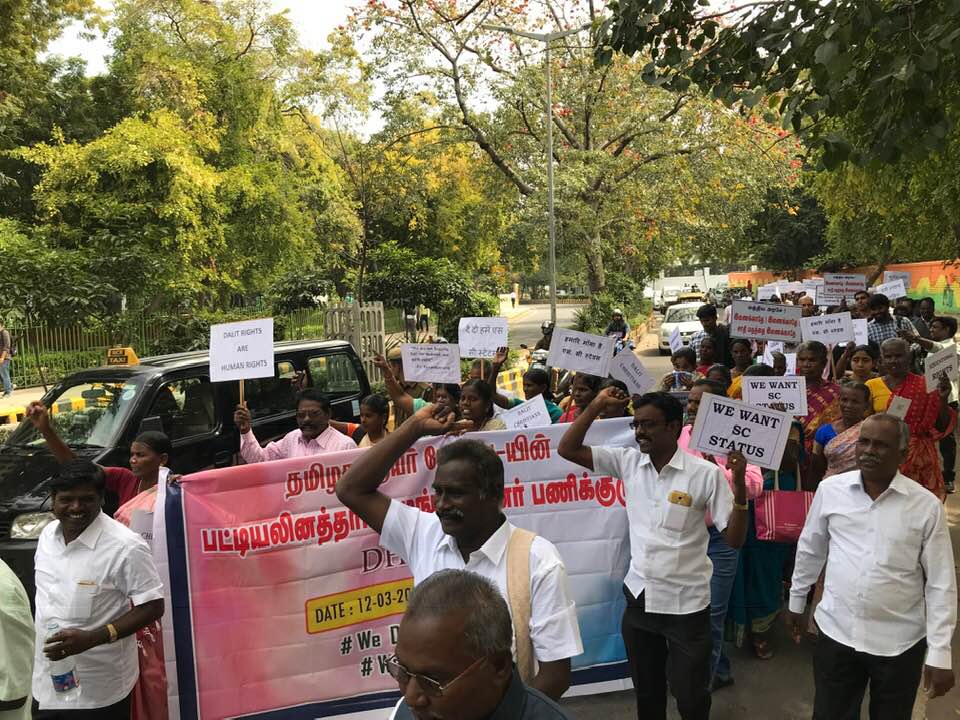
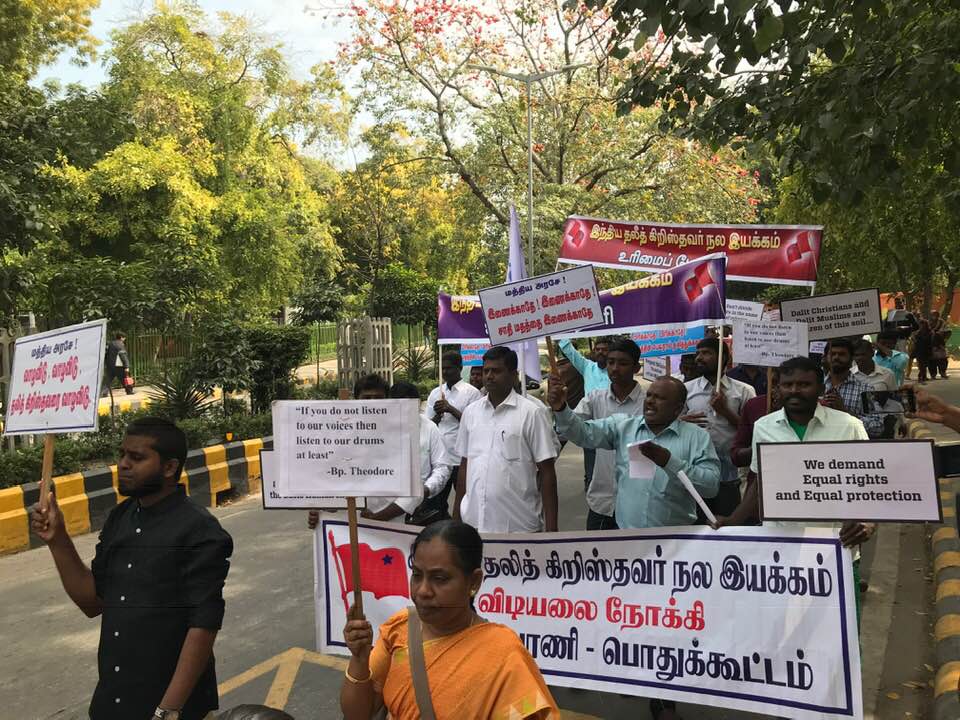
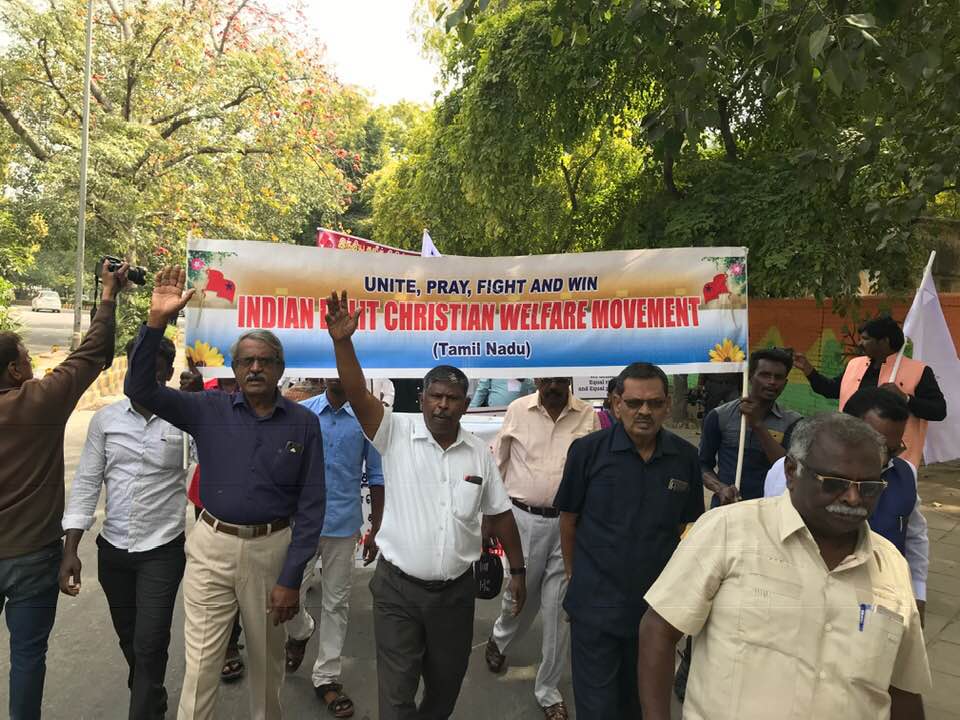
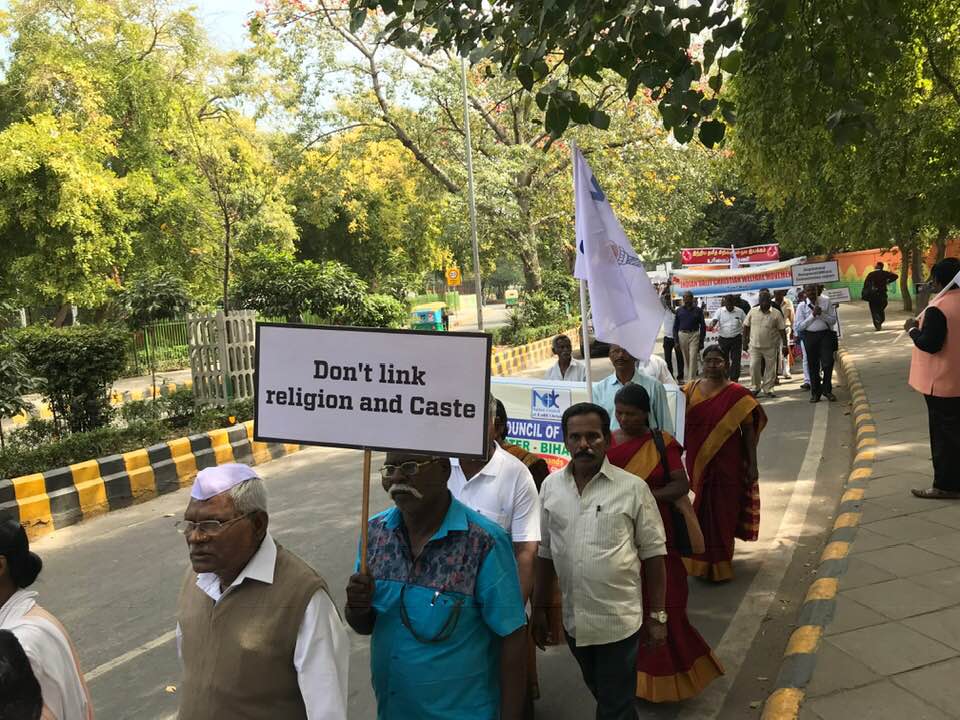
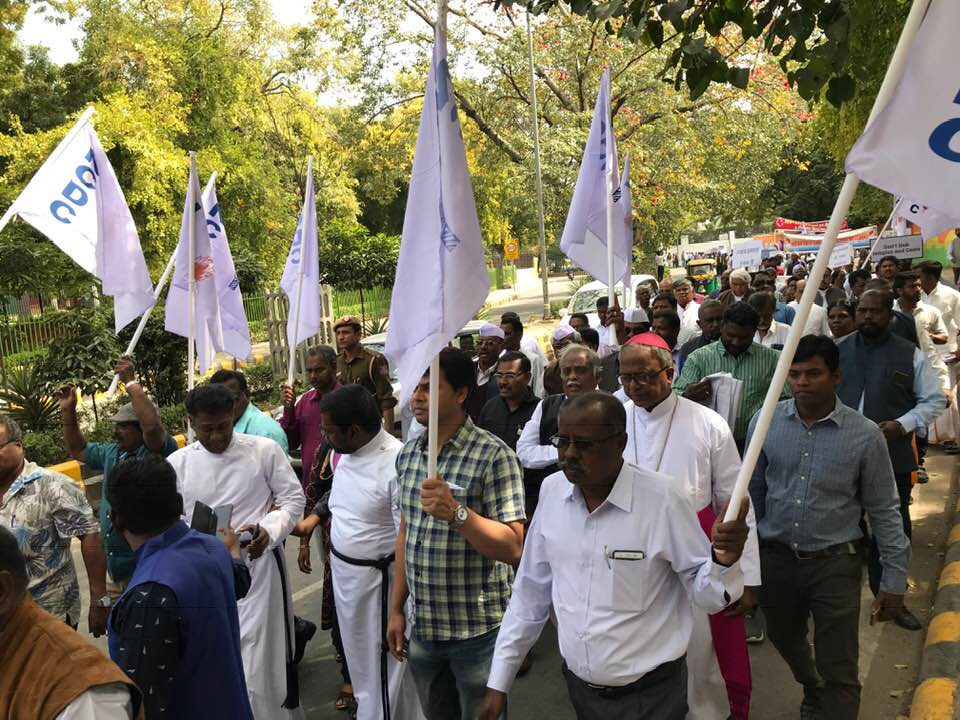
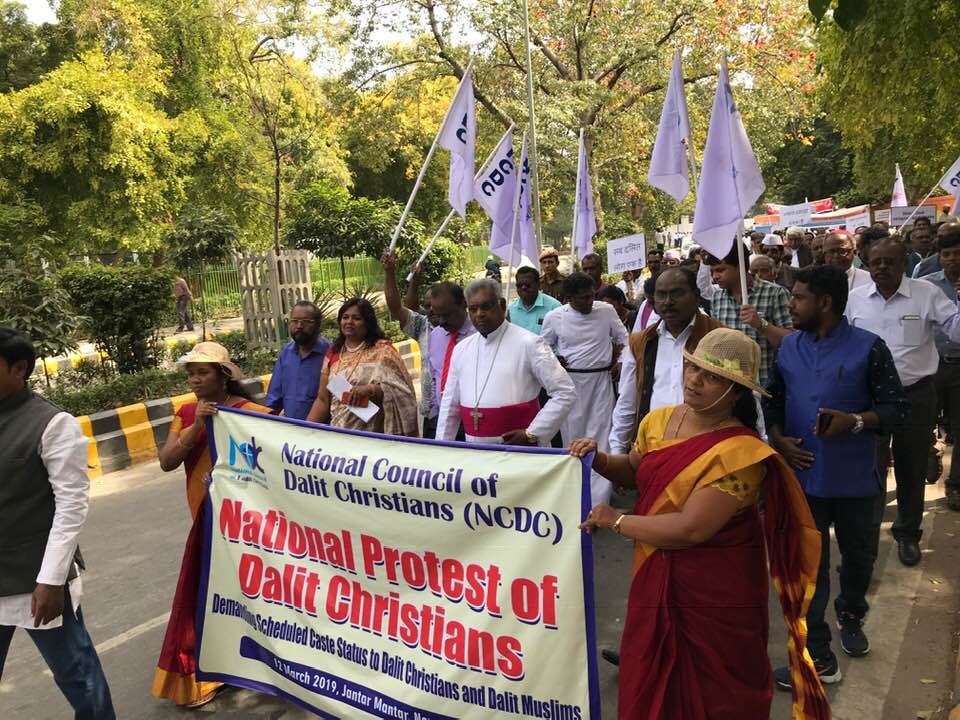
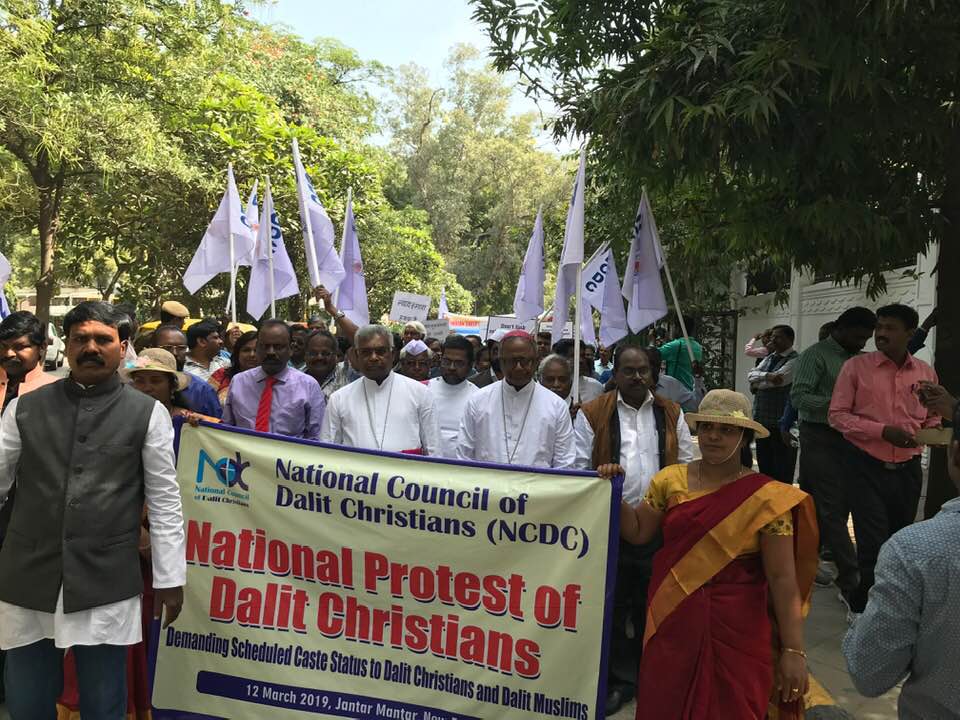
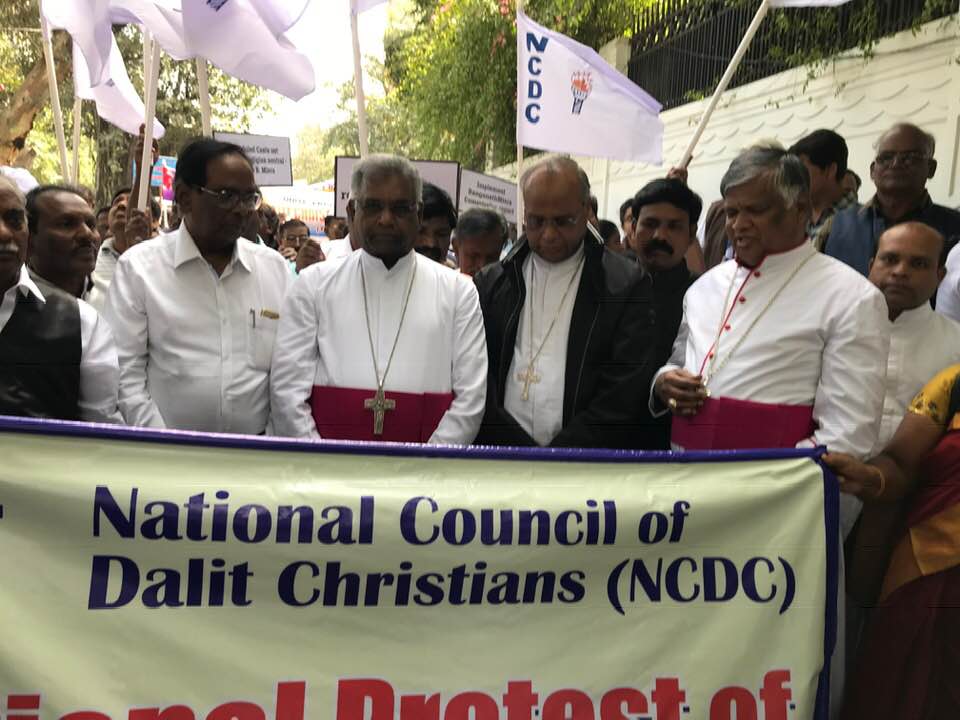
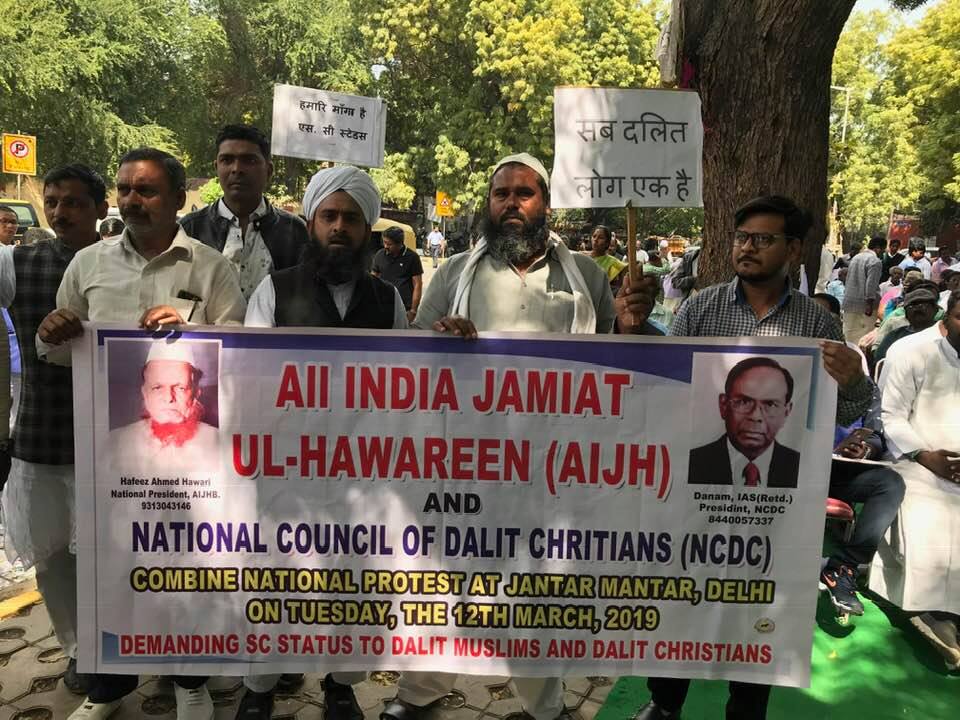
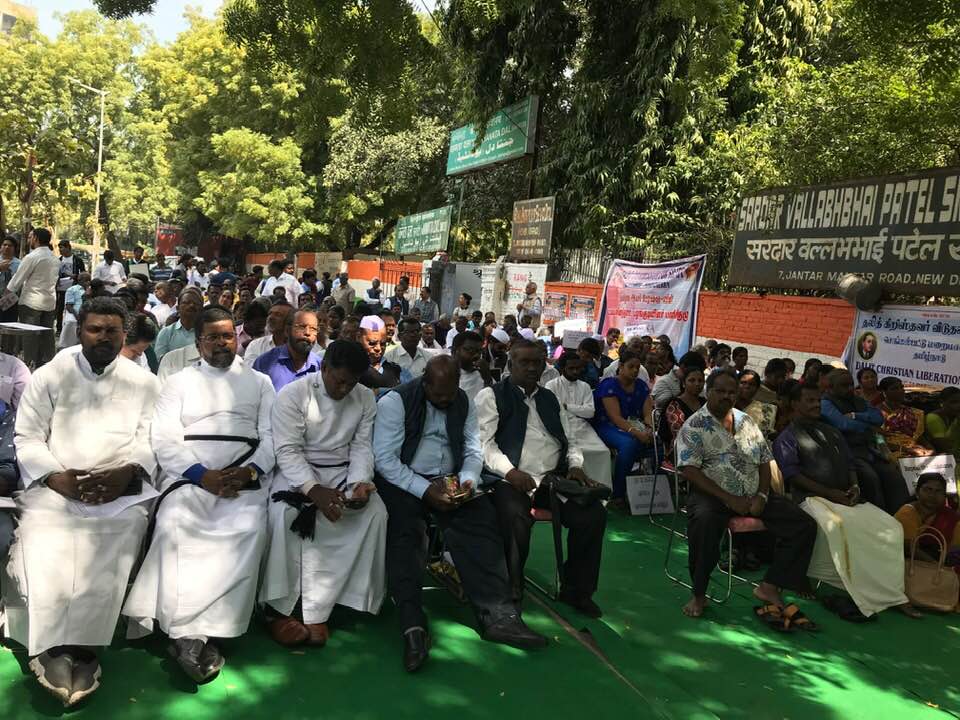
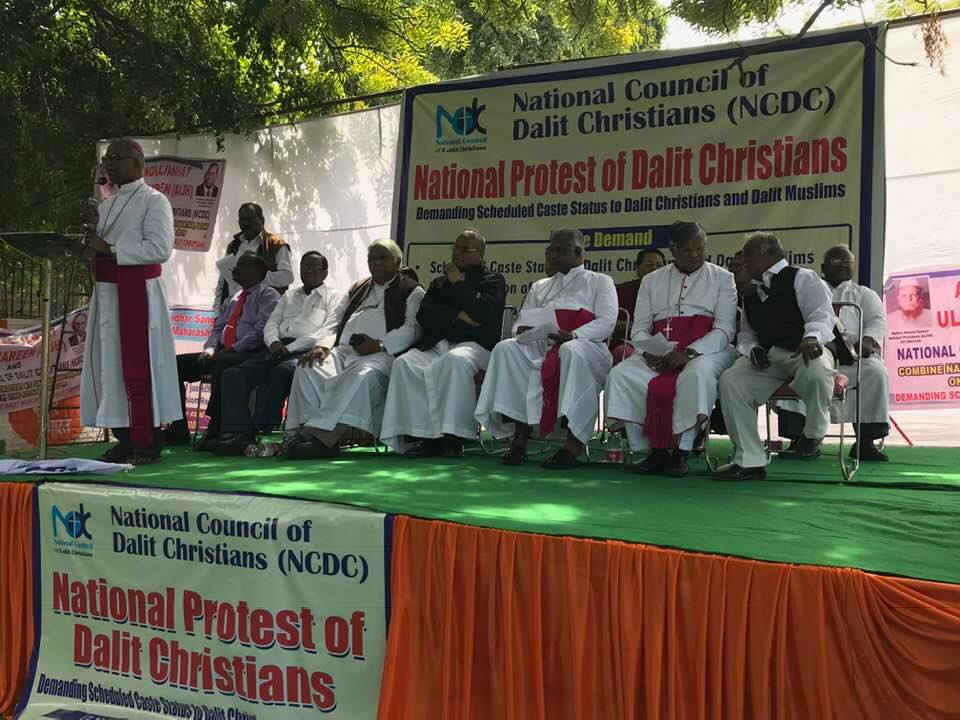

.png)










